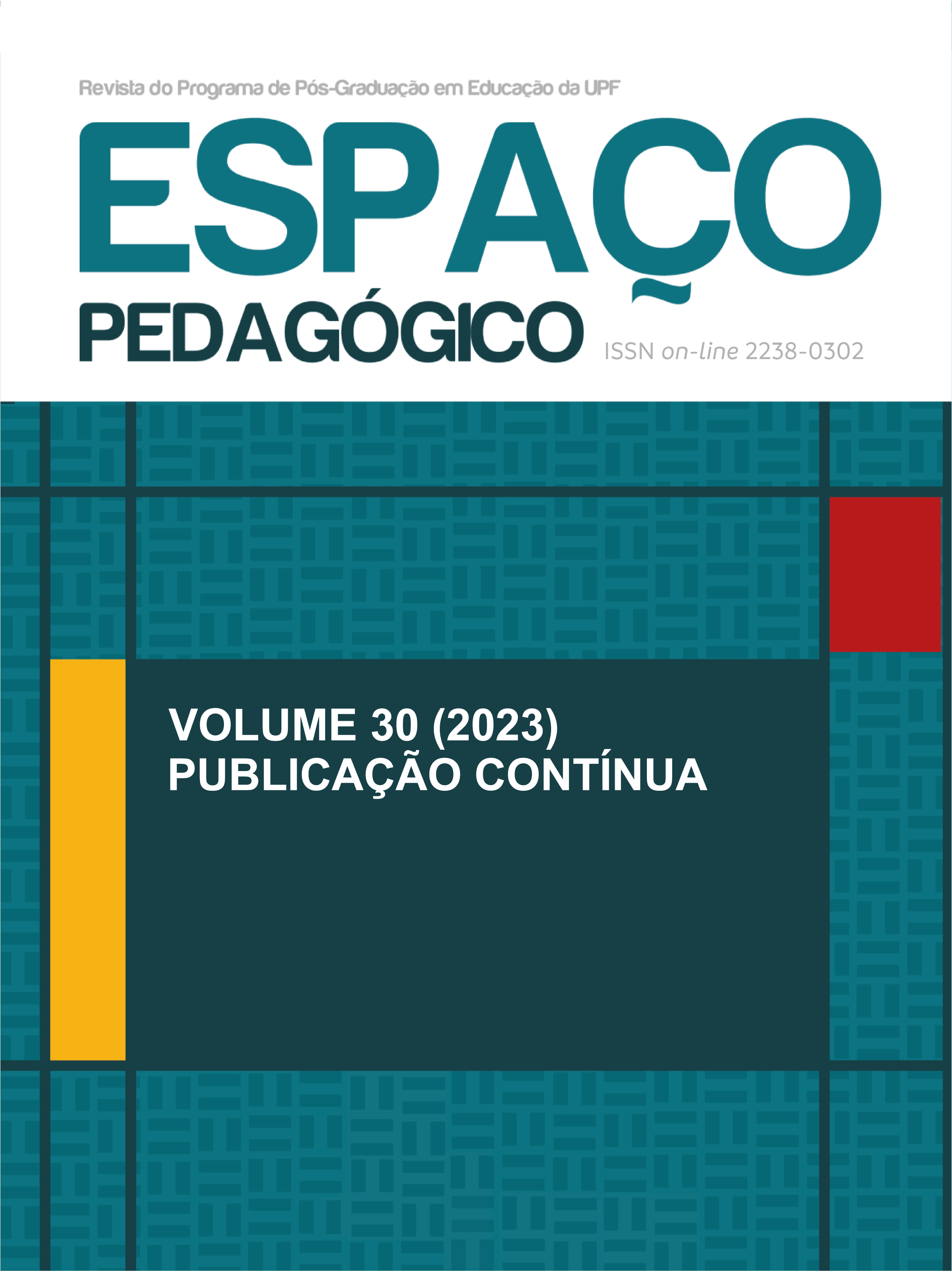John Dewey's studies and the metacognition construction
reviewing studies and making approaches
DOI:
https://doi.org/10.5335/rep.v30i0.14767Keywords:
metacognitive thinking, reflection, reflective metacognitionAbstract
Metacognition means the processes by which subjects regulate and control their thinking. Although its origin is clear, associating it with the American psychologist John Flavell in the 1970s, the theoretical bases that support this understanding still remain little discussed in the literature. From a movement aimed at identifying such theoretical contributions, the present text is structured, of a theoretical and bibliographical nature, with the objective of weaving approximations between the understanding of metacognition, in the terms introduced by Flavell and expanded by Ann Brown, and the discussions on reflection announced by John Dewey. This understanding is important since the most recent studies in the educational field have emphasized this reflexive nature of metacognition, showing its relevance in the formation and performance of teachers, as well as in the learning processes of the different curricular components.



